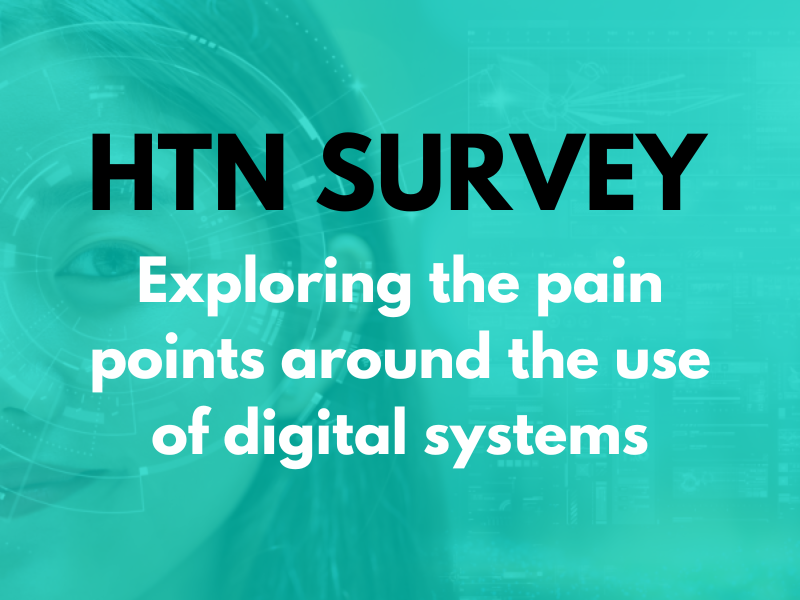The British Heart Foundation and the Alan Turing Institute are developing a machine learning tool to predict which people are likely to suffer a life-threatening heart attack or stroke.
Once developed, the artificial intelligence (AI) tool will help predict peoples’ risk based on their health records and could transform the way GPs identify, treat and advise at-risk patients.
Health professionals such as GPs use risk calculators as part of an ‘NHS Health Check’ to determine their patient’s 10-year risk of developing heart and circulatory disease. The tool helps doctors identify people who need to make lifestyle changes and medication to reduce their risk.
These tools tend to use ‘snap-shot’ measurements of risk factors taken at the time of assessment – such as cholesterol levels and blood pressure – to predict the patient’s overall risk of cardiovascular disease. They do not account for a patient’s medical history and how their risk factors have changed over time, nor do they differentiate the risk by specific heart and circulatory diseases, such as heart attacks, strokes, heart failure or abnormal heart rhythms.
An international team of researchers led by the University of Cambridge plan to use the long-term health records of over 2 million people in the UK to develop a new machine learning algorithm to automatically predict peoples’ risk. All data is anonymised and its use has the consent of study participants.
The algorithm will take account of peoples’ historical medical records, and map past trends in each individual’s health to generate the most accurate personalised risk score possible. It will also separate and classify the risk for each type of heart and circulatory disease, such as stroke or heart disease, rather than giving a general risk score.
Dr Angela Wood, Senior University Lecturer in Biostatistics at The University of Cambridge who is leading the study gave her thoughts: “It’s only recently that we’ve had the technology to process the huge amount of data available in health records and use it to our own advantage. New algorithms could allow us to pick up entirely new and detailed patterns in people’s past health to predict their risk of future events – ultimately saving lives.”
This project is one of six research grant applications awarded through a £550,000 dedicated joint funding scheme between the BHF and The Alan Turing Institute.





